Planning a trip to Japan and wondering about safety?
This casual, chatty guide to visiting Japan delves into safety concerns from crime to natural disasters and plenty in between as you ready yourself for your holiday without any worries.
To make your trip smoother, don’t forget to bring an iRoamly Japan travel eSIM, ensuring you stay connected and have peace of mind throughout your journey.
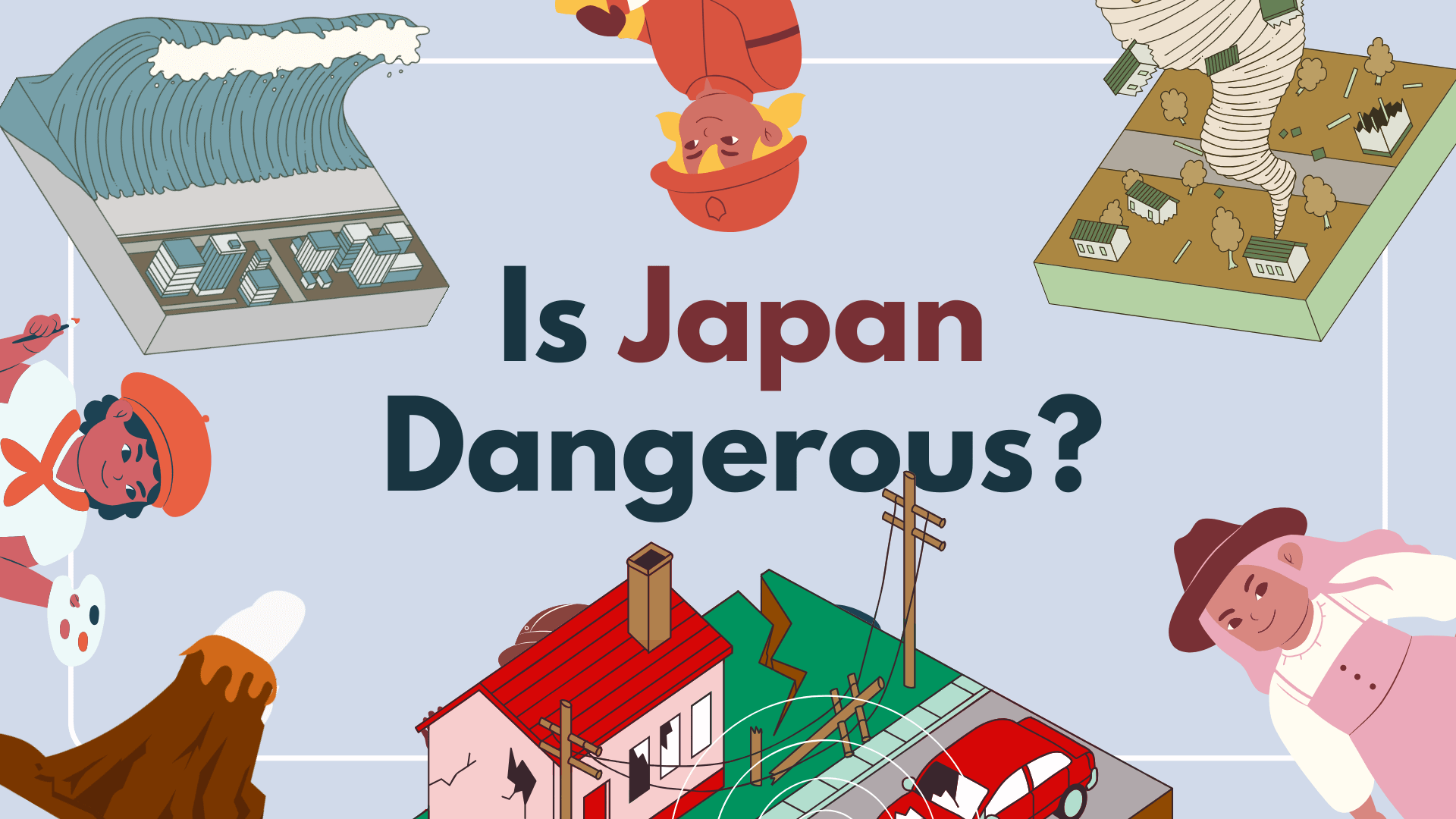
Is Japan safe?
Japan is well known as one of the safest countries in the world, with safety a major reason people choose it as a destination for adventure and relaxation.
Low crime rates, strict laws and regulations, and generally high public safety standards all contribute to this. As anywhere you might travel, a little caution can't hurt, though. How can you be safety smart and have an enjoyable and secure adventure?
The following tips should help you travel safely and securely while you're living the Japanese dream.
Tips on How to Stay Safe when Travelling
You can't just jump on a plane to Japan; you need to take care when planning your trip. Here's how to safely plan your adventure:
Stay Smart: Sign up for Smart Traveler Enrollment Program (STEP) for travel advisories mailed to you andeasier embassy location.
Stay Social: Follow the official Department of State, and Embassy Tokyo’s American Citizen Services both on your favorite social media channels, including Facebook and Twitter, for messages and general travel advice.
Stay Healthy: Consult the CDC's site for Japan-specific health advice to ensure you are prepared for local health struggles.
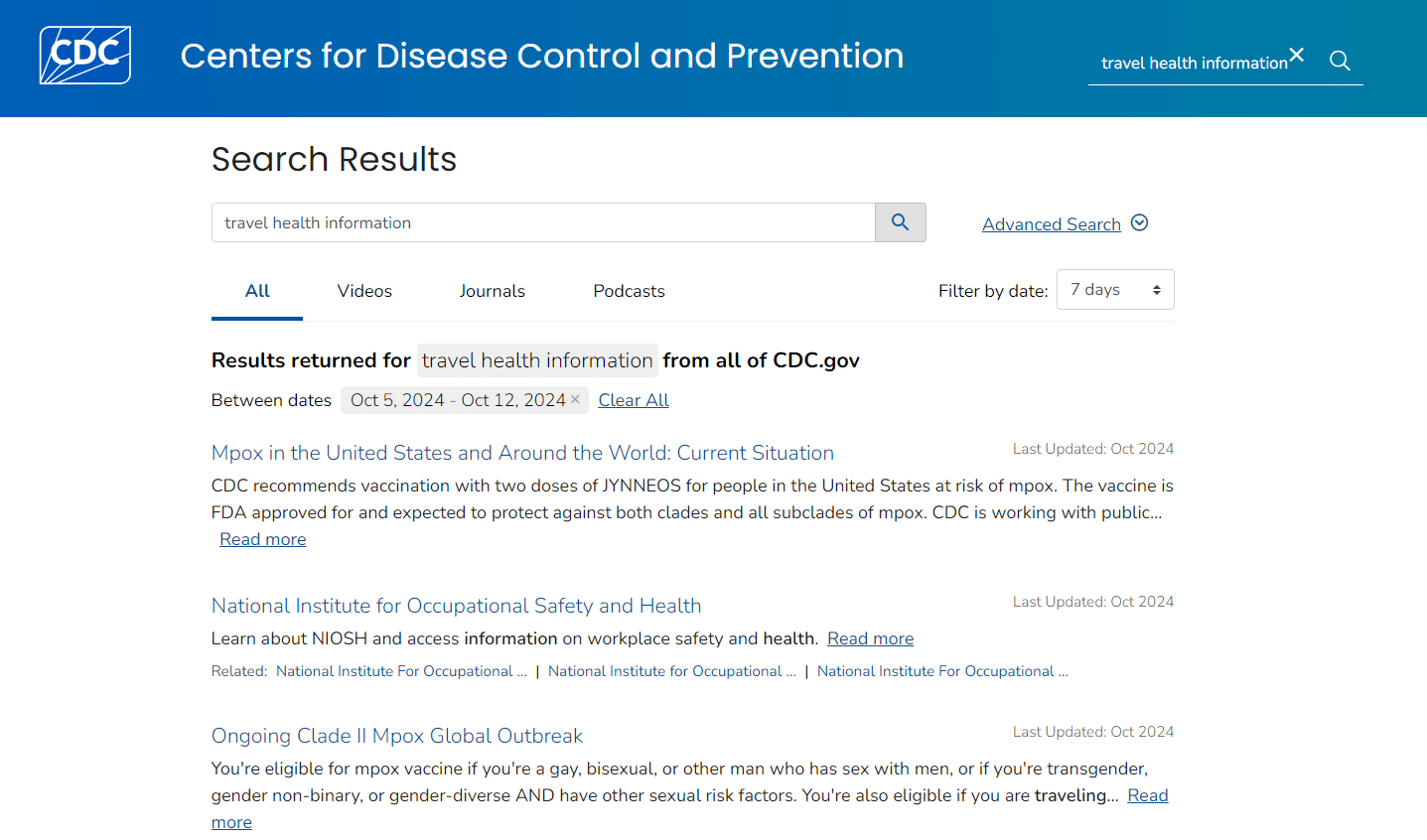
Stay Informed: Always read up on the latest Country Security Report for Japan to understand more about safety in the country.
Stay Ready: Develop a contingency plan and have your Traveler's Checklist nearby to be prepared for any situation.
Stay Smart... Wait, did we already do that one? Well – again – acquaint yourself with Japanese laws and customs, try to learn some basic Japanese phrases and download a translation app, and keep a copy of important documents (like your passport) handy for your peace of mind.
Safety details
Some resources for emergency updates, in case you find yourself dealing with a natural disaster while visiting Japan, include:
NHK WORLD-JAPAN (website)
Japan Meteorological Agency (website)
Safety Tips (app)
Emergency phone numbers in Japan are:
General emergency (police, fire): 110
Ambulance and fire: 119
Tokyo English Life Line (TELL): +81-3-5774-0992 for mental health attention.
Potential hazards for travelers in Japan:
These are all general travel dangers that are relevant to almost any place, not just Japan, but here are a few factors to bear in mind.
1. Crime
While Japan’s crime rate is famously low, pickpocketing and bag-snatching crimes do occur, primarily in densely populated areas such as Kabukicho, Roppongi, Shibuya and Ikebukuro. Keep your wits about you and remain aware of your surroundings.
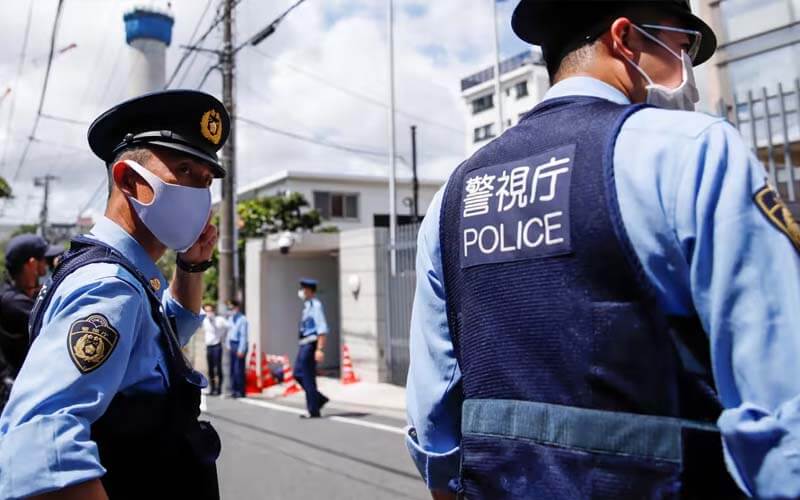
2. Fraud
Credit card or ATM fraud is rare, but not unheard of. Stick to machines in secure areas and check your statements as you go.
3. Local Legal
Japan has some strict laws, especially around alcohol and cigarettes, while weed is illegal in Japan and drug use of any kind can result in harsh penalties. Familiarize yourself with relevant laws to avoid legal mishaps.
4. Female Safety
Japan is relatively safe for solo female travelers, but use caution on crowded trains or in bars, as reports of groping or spiked drinks have surfaced before.
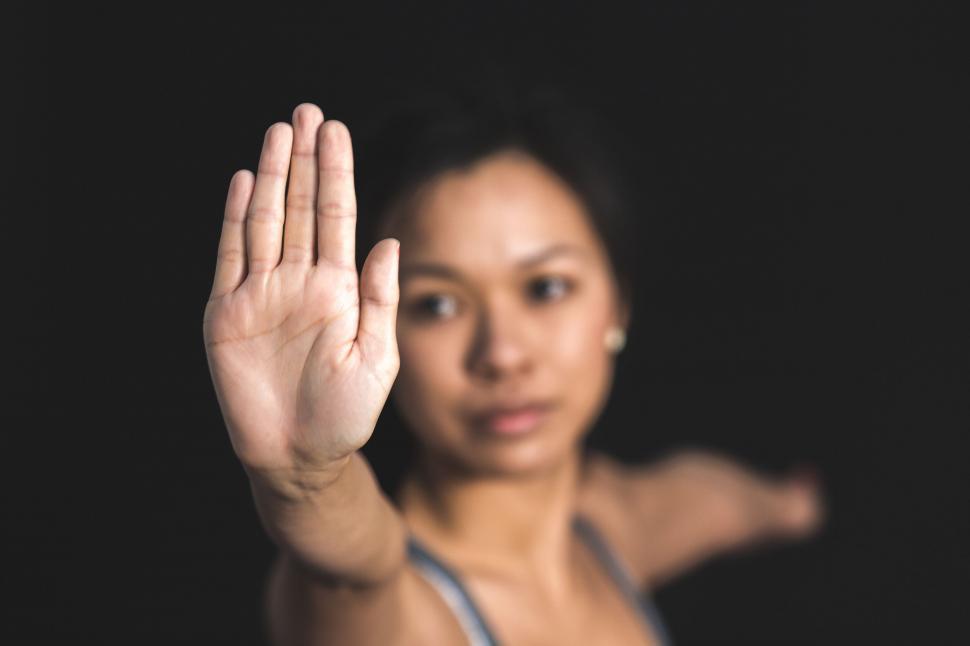
5. Social
Some bars or clubs may be reticent to admit tourists, suspicious of language barrier misunderstandings. Having a local with you, or even a Japanese-speaking compatriot, can help.
6. Mule Warning
Courier scamming, or getting an unwitting visitor to carry illegal drugs into the country, is one scam that has been reported on. Avoid accepting unusual packages or luggage requests from new acquaintances.
7. Food Or Drink Drugging
Just be cautious of your drinks, as always, and don't leave them unattended, even in a seemingly safe environment. Also, be mindful that the Japan drinking age is 20, and underage drinking can lead to trouble with local authorities.
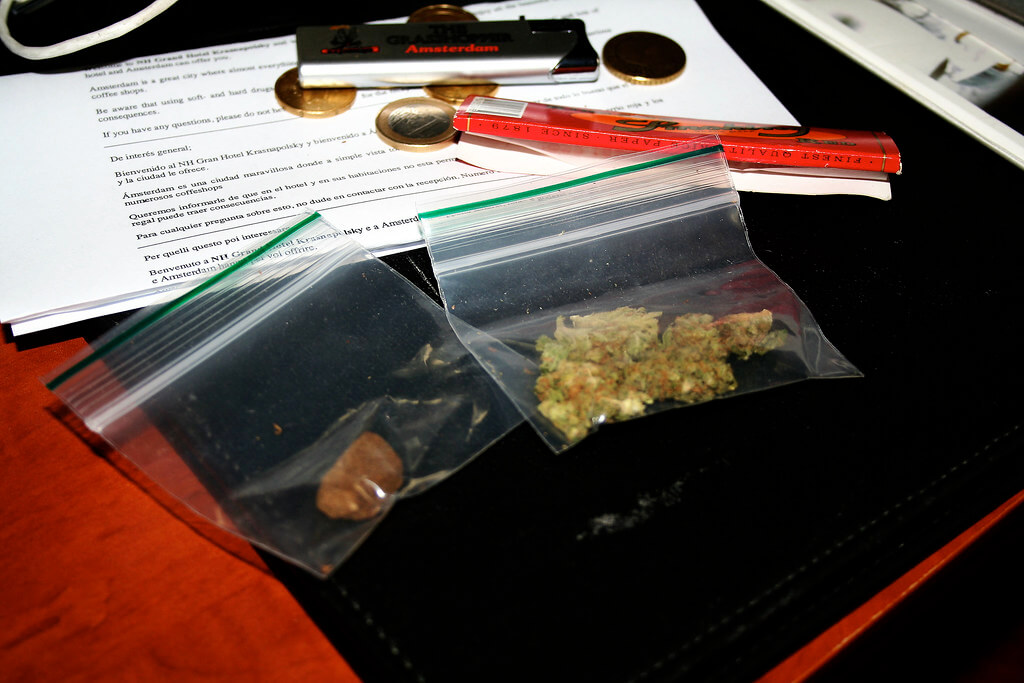
8. Public Transport
Japan is known for having one of the most efficient transportation systems in the world, and it is typically very safe. During rush hours, in particular, subways and trains can be dangerously crowded, so keep bags close and, if available, consider using women-only carriages.
Alongside these social concerns, it is also important to keep in mind the natural dangers: serious incidents are rare, but the elements demand respect.
Natural Disasters
Japan has a pretty good set of geographical and climatic factors that make it prone to a variety of natural disasters though. The main ones to know about are:
Earthquakes and Tsunamis: These occur without warning, with Japan being located on the Pacific Ring of Fire.
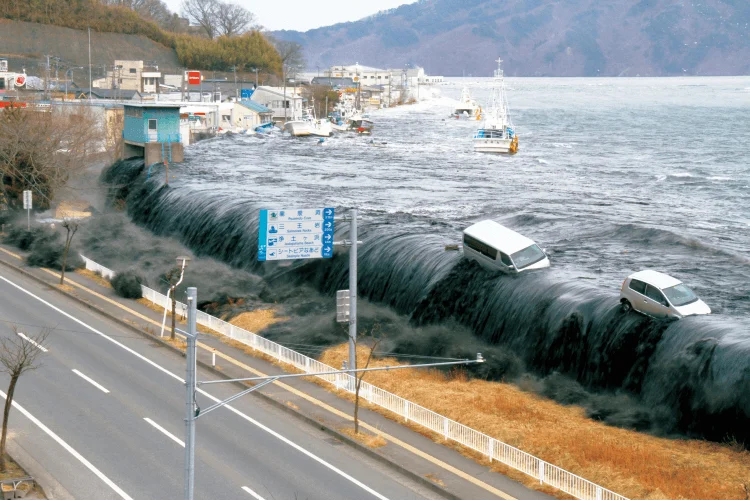
Typhoons: The typhoon season runs from May to October, with the peak usually falling in August or September.
Volcanic Eruptions: Japan's volcanoes can erupt at any time – without much warning, either!
Landslides: The rainy season is when landslides are most likely to occur, or in the wake of typhoons (usually June to October)
Flooding: As with landslides, flooding is most likely to affect certain regions during the rainy season and typhoons.
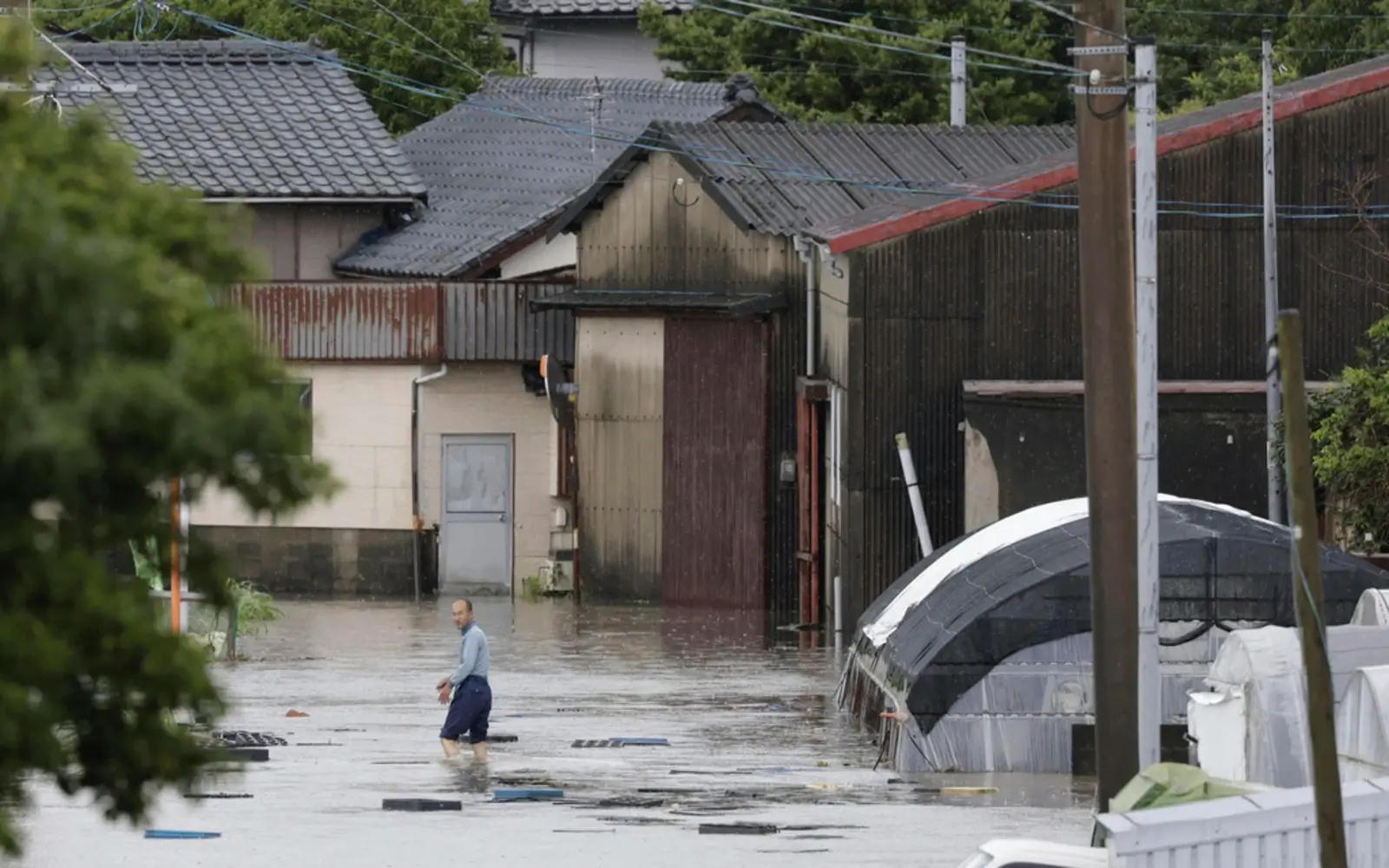
For live updates and warnings, check:
Japan Meteorological Agency: This website will provide you with up-to-the-minute updates on any kind of weather event, as well as the latest on seismic activity.
NHK WORLD-JAPAN: This website and app offers reports and safety advice in English on all kinds of natural disasters.
FAQ
Is Japan friendly to tourists?
Hugely. Japan has a deep culture of hospitality, and strong respect towards tourism.
Where does Japan rank in safety?
Frequently in the very top tier of safest countries in the world.
What religion is Japan?
Shinto and Buddhism are Japan's predominant religions.
What should you not do in Japan?
Don't tip – it's not the custom – and don't talk loudly in public. Also: don't use your phone on the train.
Do you need to tip in Japan?
No. Japan is largely a no-tipping culture, and offering a tip can sometimes be seen as rude.
Summary:
And that's Japan – a land of experiences, and largely a very safe place to do as such.
Here's hoping, with some common-sense precautions and information on your side, you experience all the wonders that Japan has to offer, safely and with peace of mind. Oyasumi nasai!
